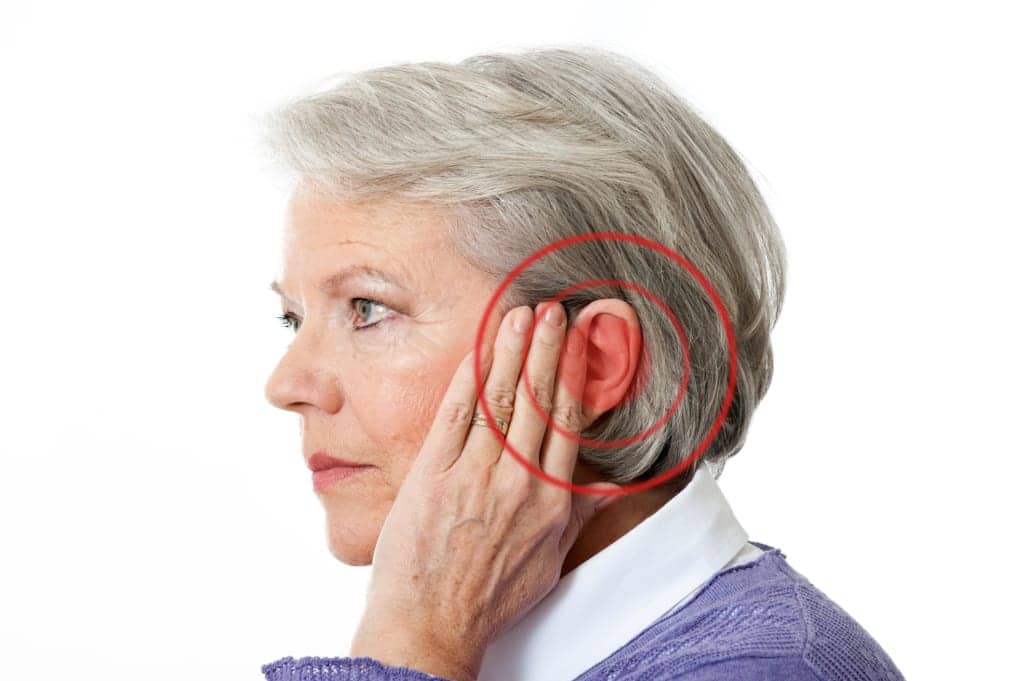A novel experiment investigated whether tinnitus could be tamed by creating associations with noises such as rain, birds, or cicadas. The results are promising, according to Dr Grant Searchfield, an associate professor in the Faculty of Medical and Health Sciences at the University of Auckland. An article summarizing the results appears on the University of Auckland’s website.
Related article: Tinnitus, CBT, iCBT, and Tinnitus Management: An Interview with Grant Searchfield, PhD
In the study, 18 people with tinnitus listened for an hour a day over three months to recordings of a sound matched to their tinnitus, what Dr Searchfield describes as a “tinnitus avatar” that morphed into a real-world noises such as cicadas or birds chirping, a fan, water, rain, or some combination of those sounds.
Tinnitus is a condition where people hear a noise, such as a ringing or a buzzing, that isn’t really there. The condition can disrupt sleep and concentration, trigger anxiety and depression, and, in the worst cases, even lead to suicide.
Would that noise be less annoying for a brain trained to associate it with a natural sound? A third of the participants in the study reported that their tinnitus because less noticeable or reduced in volume. Altogether, 11 of 18 noticed a change.
The results, which also included indications of changes in brain activity, suggest this method should be further explored because of its potential as a tinnitus treatment, according to Dr Searchfield.
“We’re beginning to harness artificial intelligence to link brain activity to improvements in tinnitus, meaning we can predict who will benefit from treatment and who won’t.”
The research, just published in the journal Brain Sciences, was carried out by the Faculty of Medical and Health Sciences in collaboration with the Auckland University of Technology as part of ongoing program of research towards personalized treatment for tinnitus.
In New Zealand, tinnitus affects about 14% of people aged over 65, and there is no medical cure.
Original Paper: Durai M, Doborjeh Z, Sanders PJ, Vajsakovic D, Wendt A, Searchfield GD. Behavioral outcomes and neural network modeling of a novel, putative, recategorization sound therapy. Brain Sciences. 2021;11(5):554.
Source: University of Auckland, Brain Sciences
Image: University of Auckland




